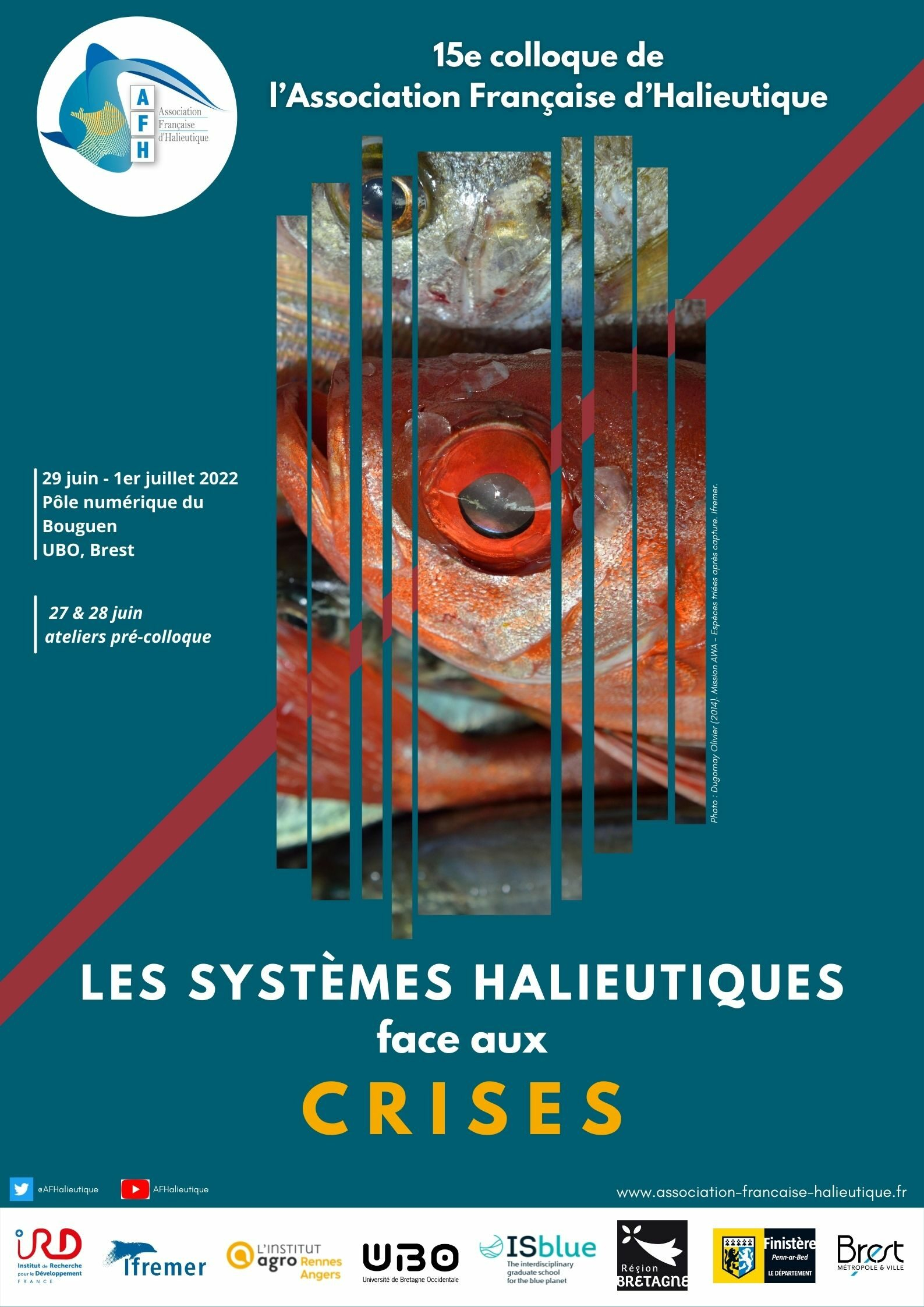International Day of Women and Girls in Science in Marrakech with the IRD
On 11 February 2025, on the occasion of the International Day of Women and Girls in Science, IRD in Morocco organised a meeting at the Lycée français Victor-Hugo in Marrakech. Using the ‘speed-searching’ format, 60 second-year students spoke with 11 speakers, including two IRD researchers from LEMAR posted to Morocco, Laure Pecquerie and Marie Bonnin, as well as with their partners from the University of Cadi Ayyad and their students, in order to discover the diversity of their scientific disciplines.
A researcher from the University Hassan II in Casablanca spoke at the end of the meeting on the topic of gender stereotypes and their impact on educational guidance. The students and members of the Moustaqbel association, which supports young women from rural areas of Morocco in pursuing higher education, were also present. The day was conducive to enriching discussions on the representation of women in science.
This meeting is part of the Éclaireuses project, which aims to change the way young people view the research environment and contribute to a better representation of women in science. Supported by the IRD’s commitment to gender equality and recognised by the UN Women’s Generation Equality label, the Éclaireuses project is back for a second edition between 11 February and 13 March 2025. In total, more than 400 young people from eight countries – Benin, Brazil, Madagascar, Morocco, Ecuador, France, Peru and Vietnam – will have the opportunity to talk to women working in research.









